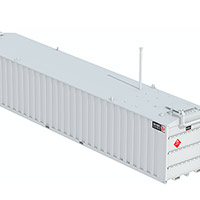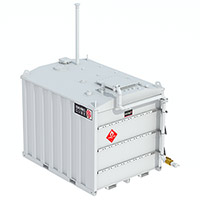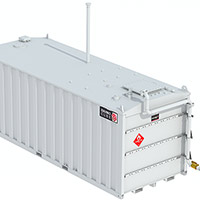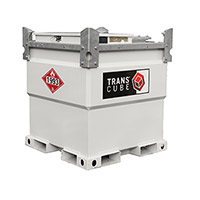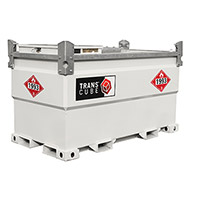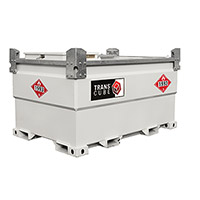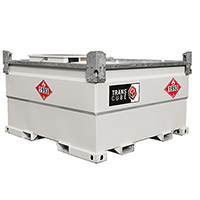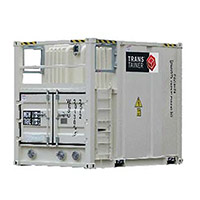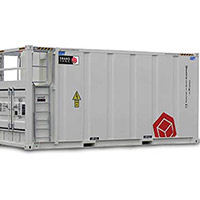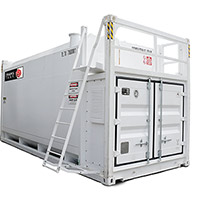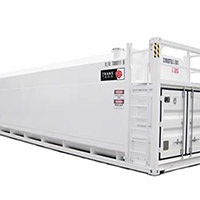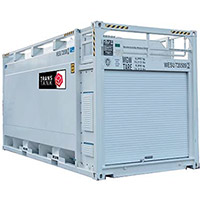Diesel fuel tanks are essential for extending generator run times and reducing the need for frequent refueling. At Global Power Supply, we provide transportable auxiliary diesel fuel tanks designed to keep your on-site critical power generation equipment running smoothly and prevent costly machinery downtime.
What is a fuel tank?
A fuel tank is a storage container designed to safely hold fuel, such as diesel or gasoline, for use in generators, vehicles, or other equipment.
What are the types of fuel tanks?
Fuel tanks are typically categorized into:
- Above-Ground Fuel Tanks (AST): Easier to install and maintain, suitable for temporary or permanent setups.
- Underground Fuel Tanks (UST): Ideal for long-term storage and space-saving installations.
- Portable Fuel Tanks: Designed for mobility and ease of use on worksites or in transport.
Why are fuel tanks important for backup power systems?
Fuel tanks are crucial for backup power systems as they provide a reliable fuel supply to ensure generators run efficiently during power outages or emergencies.
How do I choose the right fuel tank?
Selecting the right fuel tank depends on:
- Capacity Needs: Consider the fuel requirements of your generator or equipment.
- Installation Type: Choose between above-ground, underground, or portable tanks based on your space and usage.
- Material: Look for durable materials like steel or polyethylene based on your environment and fuel type.
What safety features should a fuel tank have?
Key safety features include:
- Spill containment systems
- Venting to prevent pressure build-up
- Leak detection mechanisms
- Corrosion-resistant materials
Do you offer fuel tanks for rent or purchase?
Yes, Global Power Supply provides a wide range of fuel tanks for both rental and purchase, catering to temporary and permanent storage needs.
What industries use fuel tanks?
Fuel tanks are commonly used in:
- Construction
- Healthcare
- Data centers
- Telecommunications
- Manufacturing
- Agriculture
How do I maintain a fuel tank?
Regular maintenance involves:
- Inspecting for leaks or corrosion
- Cleaning the tank to prevent sediment build-up
- Monitoring vent and pressure systems
- Following local regulations for fuel storage
